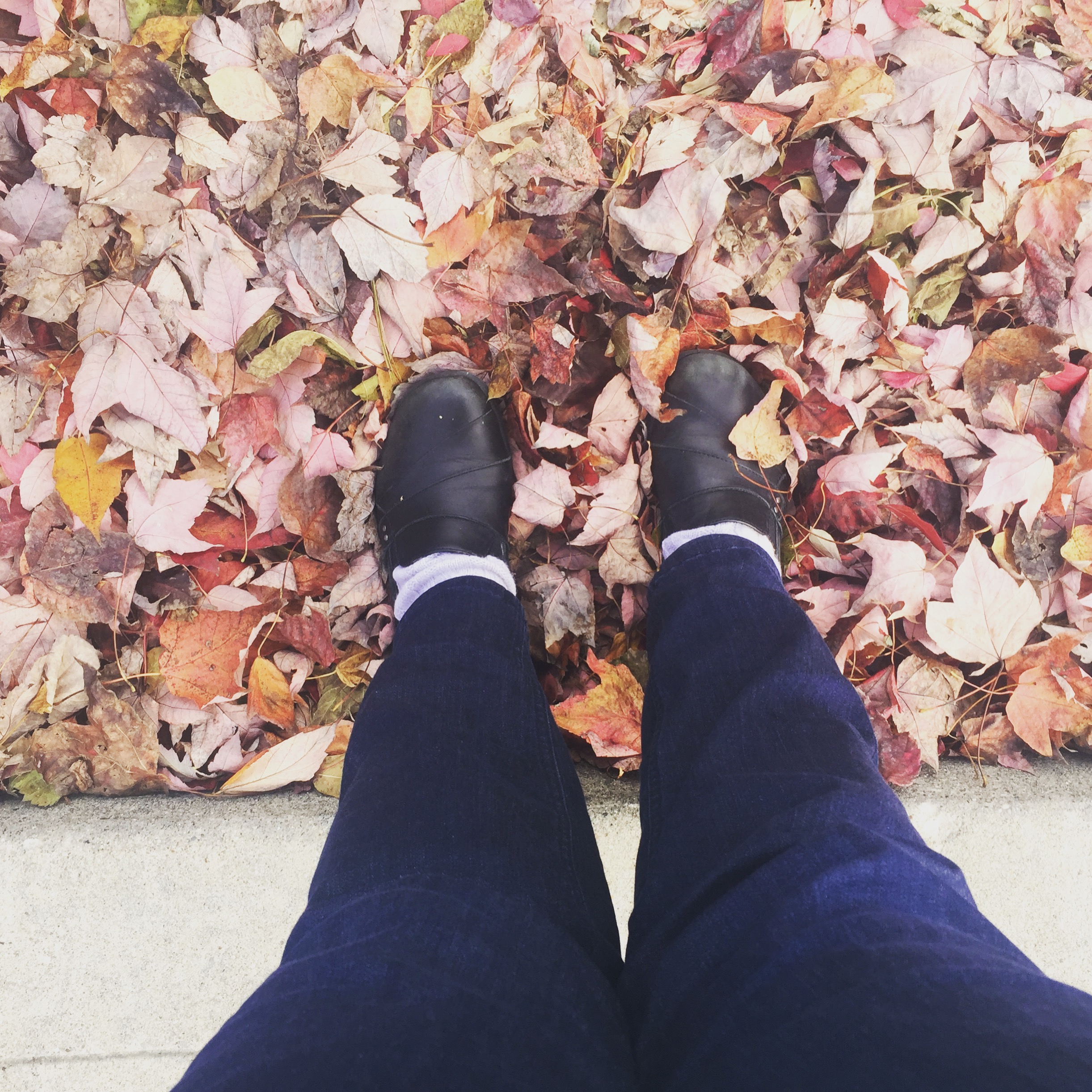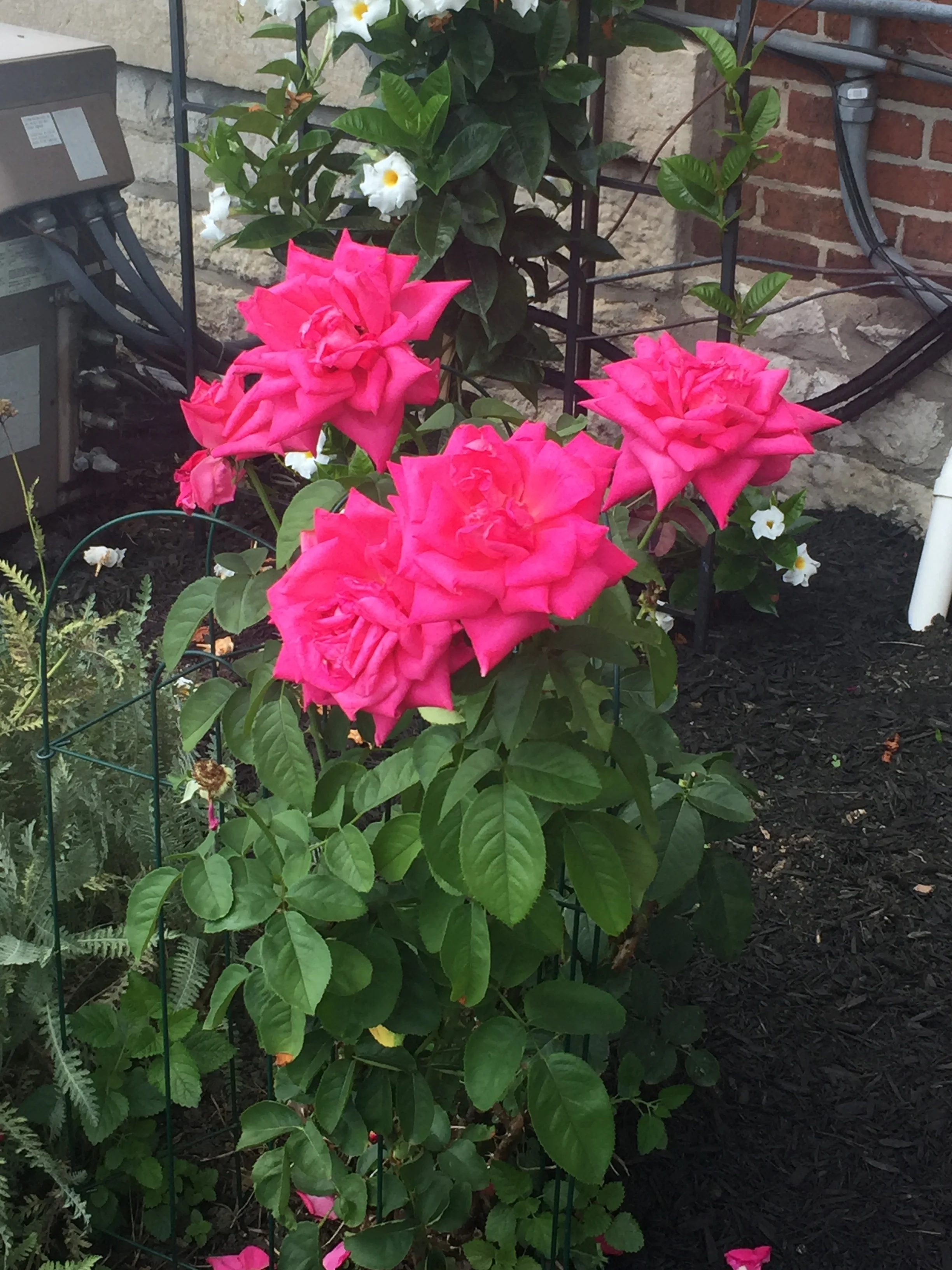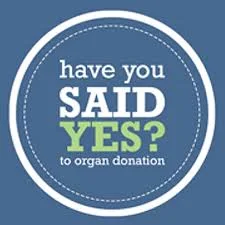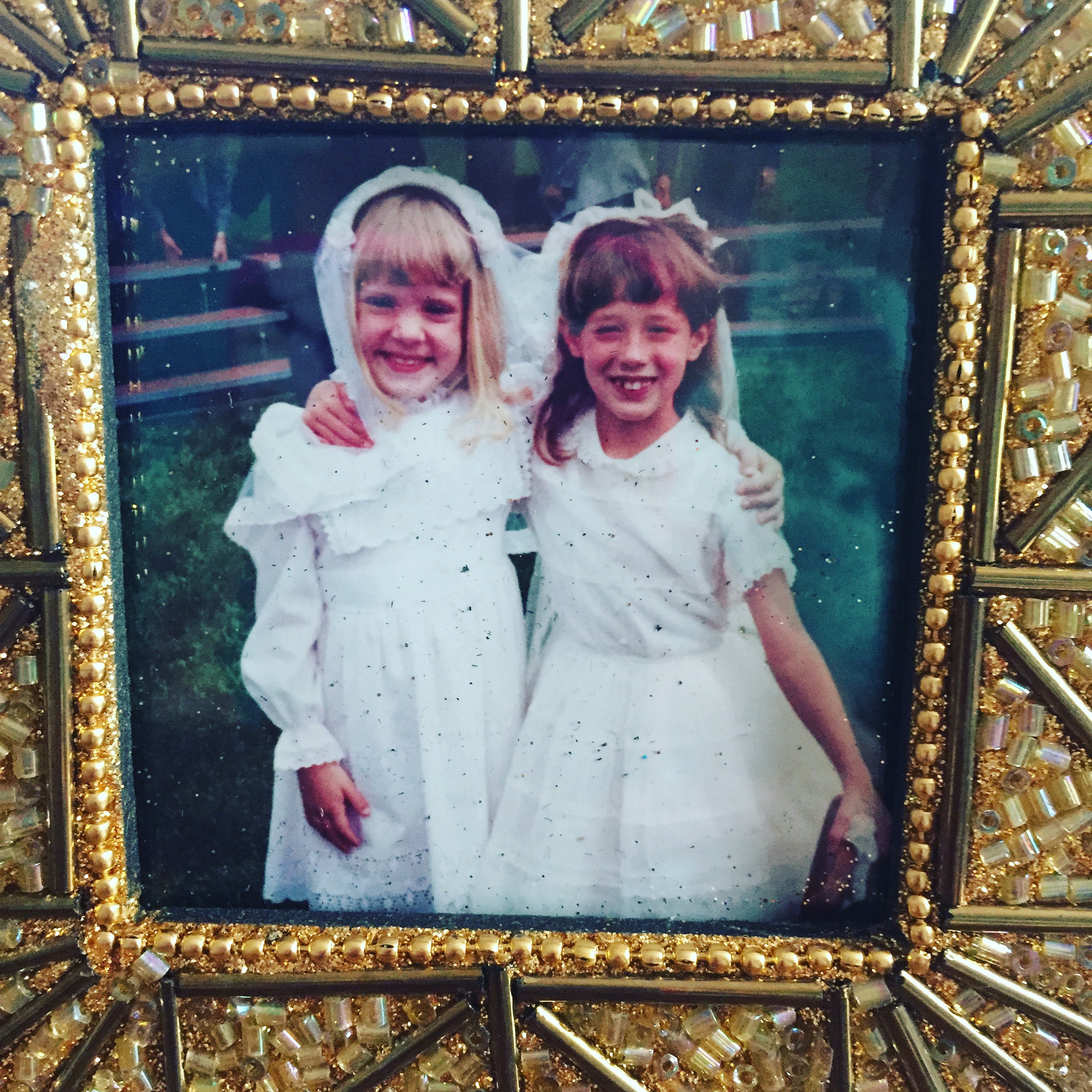My siblings and I on my brother’s wedding day.
Warning: This might be a sort of rambly post. Settle in.
I was visiting my therapist last week. Yes, I see a therapist. I have since I was 17. A lot of people with CF do (not all, but a lot). I have no shame in telling you that.
So anyway, I was at an appointment with my therapist, and we were talking about how I was a bit maxed out on doctor visits. I mean, in almost thirty-seven years of life, I think my quota’s been hit, right?
And that doesn’t even count the other “stuff” we do—Mom accessing my port every month, the meds I take (which are vastly less than pre-transplant, btw), the blood glucose tests I’m doing twice a day now, etc. It’s a lot. It’s less than pre-transplant in some ways, and more in others. I have a colonoscopy every five years, which means one next year. I have a mammogram in April, because my mom had breast cancer and so my sister and I have to start our mammograms at age 37 (ten years before Mom was diagnosed). And then there’s dentists and eye doctors and the things normal people do.
So, yeah, it’s a lot.
This led to talking about compliance, which means, doing what the doctors tell you to do. And I told a story that I thought was illustrative.
When I was about seventeen, I was having a regular clinic visit, an I saw a sign on the wall of the exam room, saying that if you were 95% compliant with taking pulmozyme (one of the CF meds), you’d get a prize at your next clinic visit, see your nurse for a chart to win! Stuff like that.
Now, I never did these, because, generally, I was too old. This stuff was generally for the smaller kids, to get them in the habit. But what I thought was interesting was that the center wasn’t pushing perfect compliance.
Because that doesn’t exist.
Now, look, I’m not saying I was a slacker. Because I wasn’t. My mom, for one, wouldn’t let me be, even if I was disposed that way. I take my meds. I did my treatments. But yes, sometimes there were times where I put in a few minutes of precious sleep over a “perfect” Vest treatment, when I was in college. Sometimes I just went to bed. Not often, but sometimes. I wasn’t “perfect”, and I’m not perfect now. To be “perfect” now, I’d be a MESS. I’d be taking meds all day long, worrying about timings and if this was going to interact with that and how does this work and oh my gosh my brain is going to explode!
I take all my meds, and I take them twice a day. Is that perfect? Well, no. It’s not optimal. If can affect absorptions. *
But here’s the thing—I want a life. I don’t want to live in a glass bubble.
I went to school. I did activities. I rode bikes with my friends and went to the pool in the summer with them and then we went to the coffee shop and played board games. I had sleep overs, where I didn’t bring my equipment! I went on choir tour! (And yes, I brought the mini nebulizer!) I went to college.
Honestly, if my parents had tried to wrap me up in the bubble, I would’ve had a fit. I always wanted to be like everyone else, as much as possible. As Erin once said in a Home Town episode, I’m like a wild pony, and I need freedom!
(Not too much freedom. But enough freedom.)
So anyway, talking about all the things I had to do every day, my therapist then said, well, how do you do it? I mean, what gets you up in the morning?
And then I said, “well, that’s sort of what my book is about.” (Because it sort of is. Sort of. The book is sort of about a lot of things! )
But here’s what it comes down to:
Yes, there are a lot of things I have to do in my life. More than the average bear, that’s for sure, so when people say “well, you just have to suck it up and do X,” I want to roll my eyes, because that’s a big chunk of my day. (I’d wager it’s a large part of everyone’s day. As my grandfather used to say, “that’s why they call it work!”) But yeah, for me, and for other people like me, we have a lot of stuff on a daily basis that isn’t fun but must be done, and you just do it and don’t whine about it.
But what gets me up in the morning? Well, a lot of things. I’m very in touch with my inner child and I get excited about really little things. When I was working in the Senate, a lunch date with my Dad was enough to make me excited for the day. Today, it’s stuff like, a package is coming in the mail! It’s a hockey night in Pittsburgh! I get to write today! Oh, this book comes out! My book is in at the library! Chuy’s with Mary!
I’m very easily amused. And that helps me, I think, because it overrides a lot of other things that are not so fun. (Like making myself go to the gym. And poking my fingers. And doing doctor paperwork.)
But a big part of this, and this is what I’d say to anyone facing a chronic illness, is this:
Go live your life!
You really, really, really cannot hole up in your house and be all sheltered. You can’t. GO LIVE YOUR LIFE. Go outside! Do things! Be free! Have fun! Go to the park! Go swimming! Pet a dog! Whatever!
Yes, treatments are vital. YES, compliance is important—if I hadn’t been a compliant patient I NEVER would’ve been listed for transplant! But if you’re caught up in PERFECT, then…..you’re going to miss things and your life will be so small.
Seriously. Do what the sign says.
Live your life. Take your brain with you.
*: As far as absorptions: the only meds I take that NEED to be taken around the same time every day are my immunosuppressants (the prograf). That’s important. However, I am also far enough out that if I’m off by a few hours in a dose, the world will not end. When I traveled to LA, my nurses told me to just take the meds on LA time and not worry about being exact. I used to take my meds exactly at 8 AM and 8 PM (even rushing to the lobby of the Ohio Theater to take meds before a symphony concert started). Now, it’s generally around those times. I’m not quite as OCD.
The meds I’m talking about here are things like my nexium and magnesium supplements. You’re not, really, supposed to take them together. But if I didn’t, then I’d be carrying around meds all day and thinking about when to take them, as opposed to thinking about things more worthy of my brain space! It’s not a huge deal to take them together. But yes, some meds do have to be taken at certain times, and when I do those (like home IVs) then, yes, it’s on the dot as much as possible. You usually have about an hour leeway on either side of the dose time (for example, if the dose is due at 6 PM, you can do it at 5 or 7, but not 4 or 8.)





























